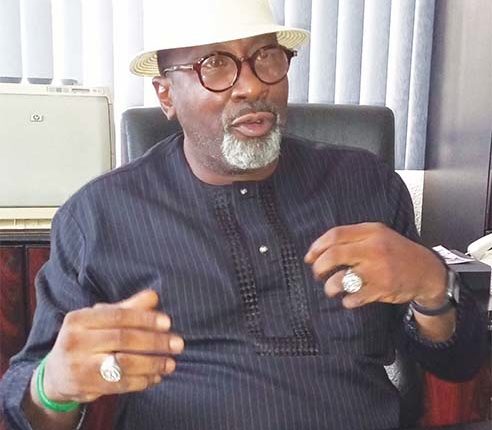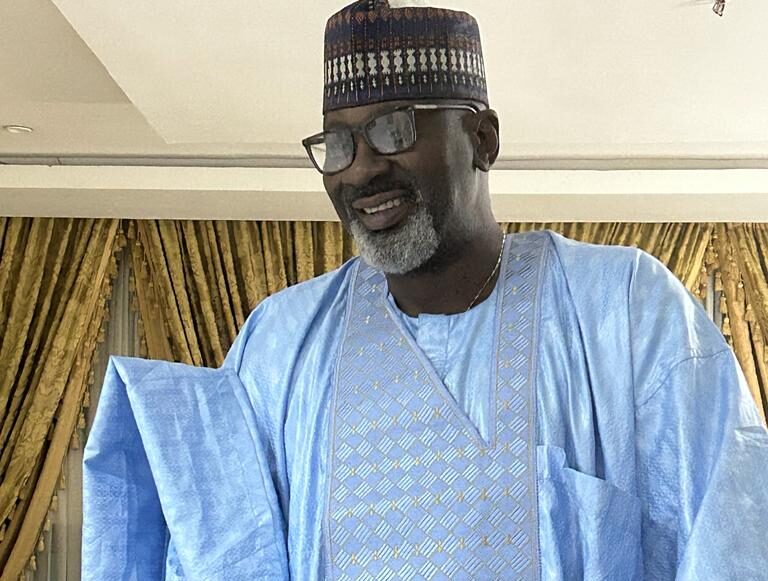A Nation in perpetual Darkness.
By Abayomi Odunowo.
It is no secret that Nigeria continues to face a serious power crisis that has plagued the country for decades. Despite numerous efforts and monumental expenditure in the energy sector, millions of Nigerians still live without a reliable source of power. This lack of consistent electricity has had a devastating impact on the lives of citizens and has hindered the country’s economic growth and development.
One of the major issues that have contributed to Nigeria’s ongoing power crisis is the inefficiency and corruption within the Power Holding Company of Nigeria (PHCN) and its successor companies. Despite billions of dollars being invested in the energy sector over the years, there has been little to no improvement in the provision of power to the citizens. The lack of transparency and accountability within these organizations has allowed for mismanagement of funds and resources, leading to a situation where the infrastructure is outdated and incapable of meeting the growing demands of the population.
Additionally, the issue of estimated billing has been a major source of frustration for Nigerians who are forced to pay exorbitant amounts for electricity that they may not even be receiving. Many households in Nigeria have resorted to using alternative sources of power such as generators and solar panels, adding to the financial burden on already struggling families. The lack of prepaid meters, which would allow for a more accurate measurement of electricity usage, has only exacerbated the problem and has made it difficult for consumers to hold the power companies accountable for their actions.
Furthermore, the lack of political will and commitment from the government to address the power crisis has been a major hindrance to progress. Despite numerous promises and initiatives to improve the energy sector, very little has been done to effect real change. The rampant corruption within the government has made it difficult to implement meaningful reforms and ensure that the necessary infrastructure is put in place to provide a reliable source of electricity to all Nigerians.
So, what is the solution to Nigeria’s power crisis? First and foremost, there needs to be a complete overhaul of the energy sector, starting with the restructuring of PHCN and its successor companies. Transparency and accountability must be enforced to ensure that funds are being used appropriately and that the infrastructure is being maintained and upgraded as needed. The government must also prioritize the provision of prepaid meters to all households in order to accurately measure electricity usage and prevent the exploitation of consumers through estimated billing.
Additionally, there needs to be a greater focus on renewable energy sources such as solar and wind power, which have the potential to provide a more sustainable and environmentally friendly source of electricity. The government must invest in these technologies and incentivize their adoption in order to reduce the country’s reliance on fossil fuels and mitigate the impact of climate change.
Nigeria’s ongoing power crisis is a major obstacle to the country’s development and prosperity. The government must take urgent action to address the issues of inefficiency, corruption, and lack of political will that have hindered progress in the energy sector. By implementing reforms, investing in renewable energy sources, and ensuring accountability and transparency, Nigeria can finally provide its citizens with the reliable source of power they deserve. Only then can the country truly thrive and fulfill its potential as a leading nation in Africa.
Media Contacts
Otunba Abdulfalil Abayomi Odunowo
National Chairman AATSG
URL: www.aatsg.org.ng
Tel: +2349053535322
Email: [email protected]





